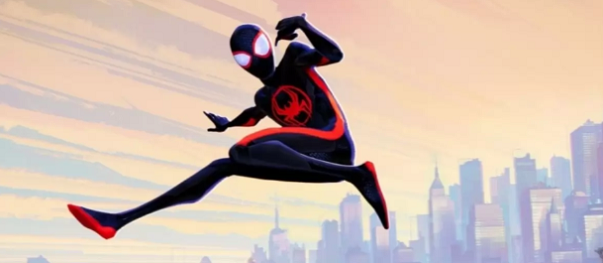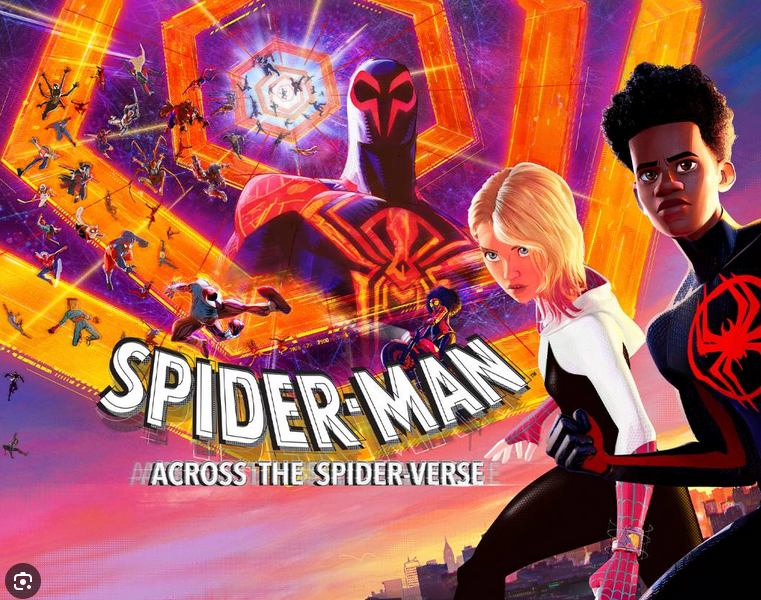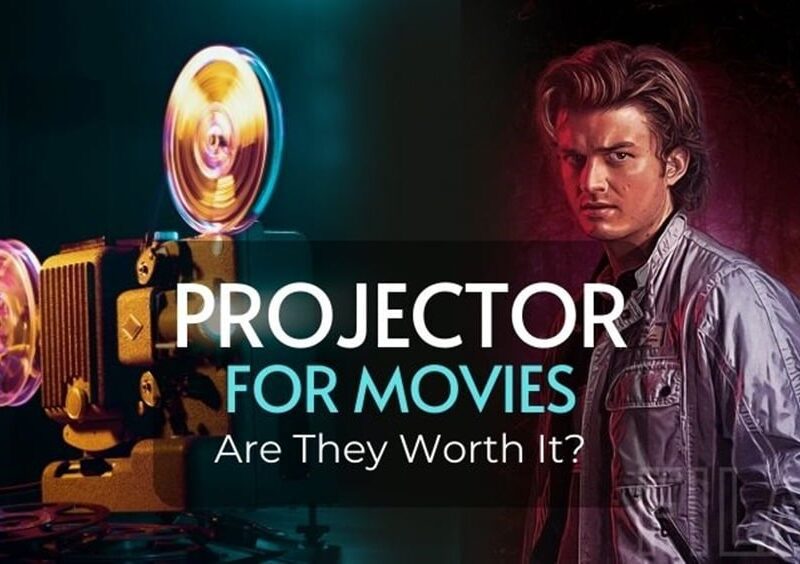
Get to know ‘Jessie and the Elf Boy’ filmmaker Philip Todd
Philip Todd has a story to tell, and the compelling voice to tell it. He’s the writer, director and producer of the new fantasy film Jessie and the Elf Boy, which has been described as a “an uplifting Scottish movie for the whole family”. Todd based the film on the Scottish legend of Ghillie Dhu, but he was able to inject it with a freshness and modernity that will draw in legions of different audiences.
In addition spearheading Jessie and the Elf Boy, Todd is one of the co-founders of the film’s production company, Fellowship Films. The company is based in Glasgow and its mission statement is to find and distribute bold and inspiring films that emphasize authenticity and community.
We were fortunate enough to talk with Todd about his filmmaking influences and his plans for the future of Fellowship Films. Here’s what he had to say!
Tell us about your history in filmmaking. How did you get your start?
When I was 14 I was given The Lord of the Rings Extended Edition box set for Christmas. After watching those movies, and the hours of behind-the-scenes content, I knew I wanted to be a filmmaker. I was accepted onto a filmmaking programme at the Royal Conservatoire of Scotland and followed that with a screen acting post-graduate degree at the Royal Central School of Speech & Drama. After that I worked as an actor and film editor for a few years, then started my own production company and began making feature films.
Who were your biggest influences growing up?
I of course have to mention that I was hugely impacted by The Lord of the Rings movies but in the years prior to that I had a relatively lean diet of entertainment. We had no access to TV channels, just a collection of movies on VHS including the Disney animated classics, lots of Gerry Anderson shows (Thunderbirds, etc.) and David Attenborough nature documentaries.
Your latest film, Jessie and the Elf Boy, is a fantasy adventure intended for the whole family. How did the idea for the film come about?
I enjoy exploring Scottish mythology and folklore, and I came across the legend of Ghillie Dhu – a solitary forest elf who meets a girl lost in the woods and shows her the way home. I thought it would be fun to take that as the sort of prologue of a movie, and then imagine what might happen next. What if Ghillie goes looking for the girl and finds her years later, as a teenager working in a hair salon? What if it turned out he had a talent for hairstyling and they formed a partnership? And eventually that became the script for Jessie and the Elf Boy.
You made the film during the height of the pandemic. What were the biggest challenges you faced during production as a result?
Alongside all the added complications of distancing, mask-wearing and cleaning we were trying to keep crew numbers to a minimum, so each person had to work really hard. Also, our first shoot day had to be cancelled as we awaited the results of a crew member’s test result, so that was a stressful start to the shoot and meant we were constantly reworking the schedule to try and catch up.
You wore many hats during production, including writer, director, and producer. Which of these do you prefer most and why?
I love them all to be honest, but if I had to choose it would be directing. There is something so thrilling and rewarding about working with the crew, the actors, and later the footage, to bring some order out of the chaos and create something unified and meaningful. You get to channel the creative energy of so many unique and incredible people and then (hopefully) sit back in admiration at how the result is greater than the sum of its parts.
As a screenwriter, do you like to see improvisation on the set or do you prefer that actors stick to the words on the page?
That’s a fun question! I think it depends. In some scenes, with the right actors, some improvisation could unearth some gold that really improves what was on the page, whereas on other occasions I might insist on sticking to what’s written because it is key to the story. In general, I don’t tend to be that precious about the script and would be more concerned that the actor feels comfortable and is able to make the character their own.
Your previous film was The Gaelic King. How did Jessie and the Elf Boy differ from that film and were you able to implement the things you learned while making it?
Jessie and the Elf Boy is a very different film from The Gaelic King. It’s set in modern day, it’s much more light-hearted and family friendly, and the focus is more on the characters, rather than on the swords and horses and battles. I think every project is its own voyage of discovery but I was able to approach Jessie and the Elf Boy with considerably more knowledge and confidence because I’d made The Gaelic King.
What’s your mission as a storyteller? Name the most important thing you want viewers to experience when watching your projects.
This is a difficult question to answer briefly but I would say that the best stories for me are ones that stir up Joy in the sense that C.S. Lewis defines it: “All Joy reminds. It is never a possession, always a desire for something longer ago or further away or still ‘about to be’.”
Do you find it easier to tell stories that you have a personal connection with?
For sure. I’m fascinated by my homeland so for now I’m focussed on telling Scottish stories, in Scotland, in collaboration with other Scots.
You co-founded the production company Fellowship Film along with your siblings and the Walkinshaw family. What was the initial inspiration behind the company?
My brothers and I teamed up with our cousins because we all shared a love of films and stories as well as an enthusiasm for doing exciting and ambitious projects. People and community have always been particularly key for us, whether that’s the cast and crew we’re working with, or the audiences we’re making the films for, and I think the name Fellowship Film captures this ethos.
What do you think makes Fellowship Film stand out from its peers?
Often for film companies the focus is almost entirely on the end product – the film itself. While this is of course crucial, we also put an emphasis on the people and the process. For us, the way we make the film, the relationships we form along the way, and the engagement we have with the audience of the film are all just as meaningful and important as the film itself.
Have you worked with mentors in the past? How would you recommend people go about finding them?
We’ve been blessed to work with some very generous and helpful people in the independent film industry. My experience has been that when you do what you love, love what you do, and put yourself out there, then like-minded people who are further on in the journey will find you and will want to come alongside.
Can you tell us about any upcoming projects you are working on?
I have a couple of feature films in early development at the moment, both based on Scottish mythology. One about kelpies and the other about the Loch Ness monster (or Nessie).
What advice do you have for aspiring filmmakers?
Gather your own ‘fellowship’ of friends who share your vision and values. As Frodo says to his companion Sam in The Lord of the Rings: “Frodo wouldn’t have got far without Sam.”
Lastly, what is your favorite film of all time and why?
Unsurprisingly I would have to say The Lord of the Rings. It’s a timeless tale with great characters, it’s beautifully made, it’s responsible for starting my filmmaking adventure, and almost every time I watch it I am filled with that Joy that is “a desire for something longer ago or further way or still ‘about to be’.”











